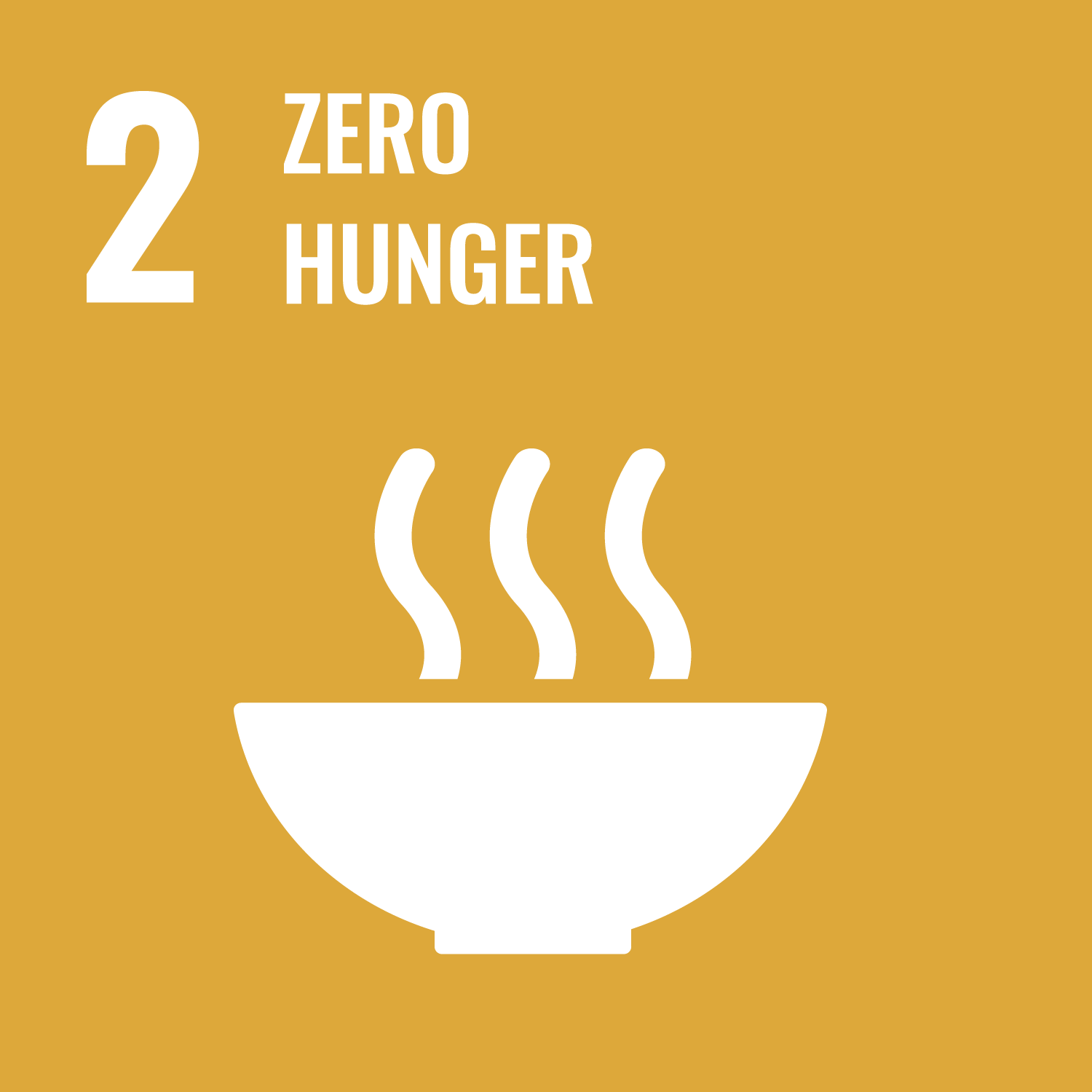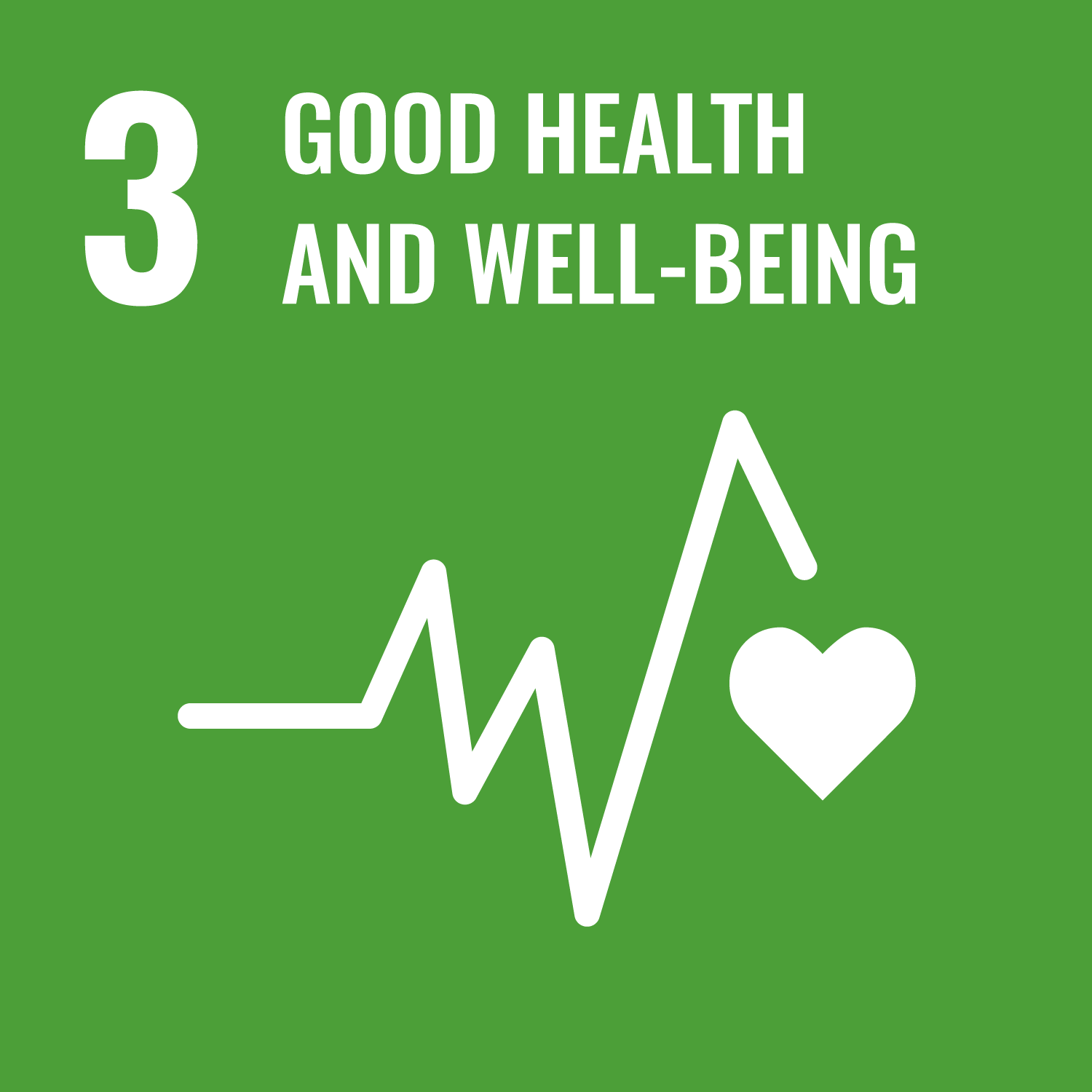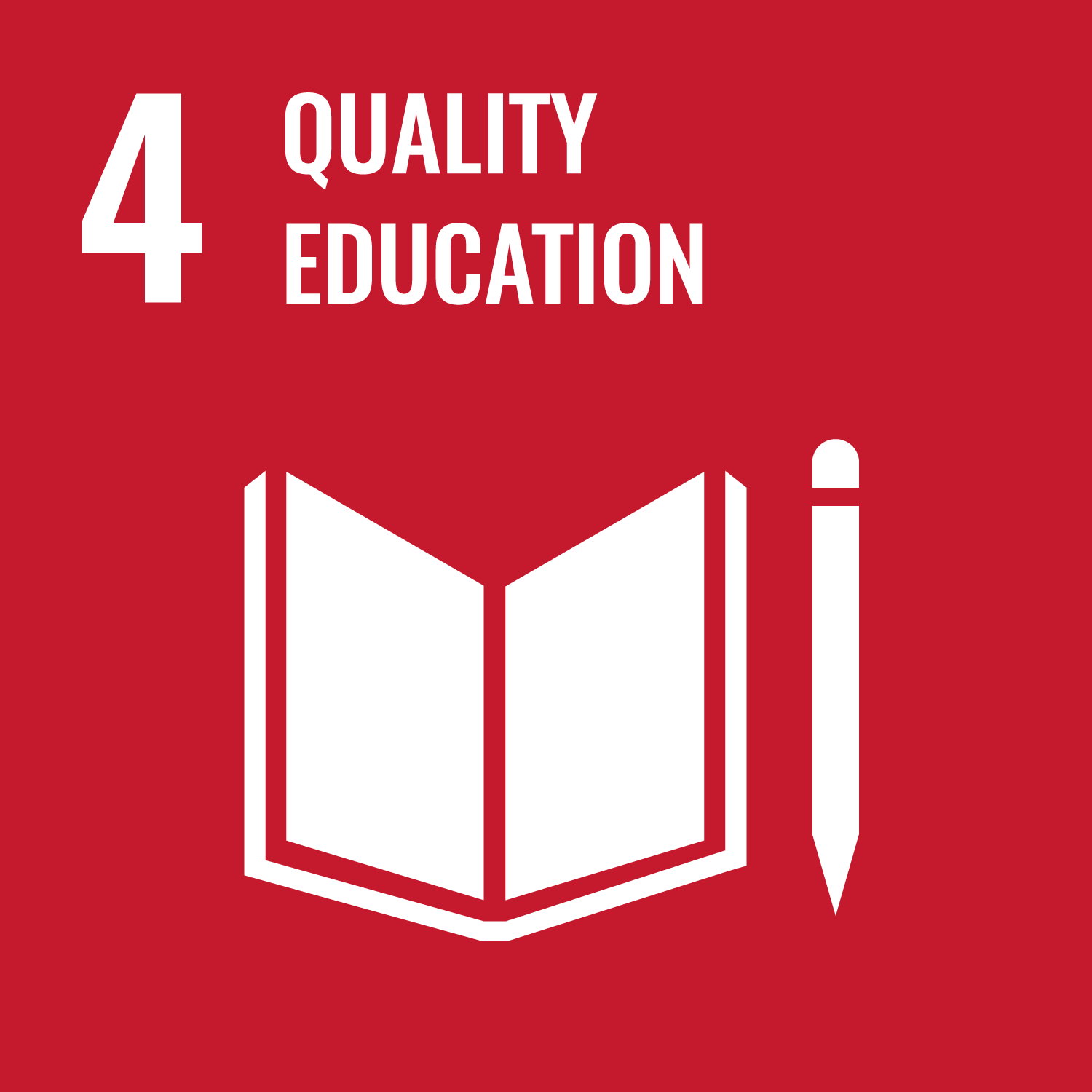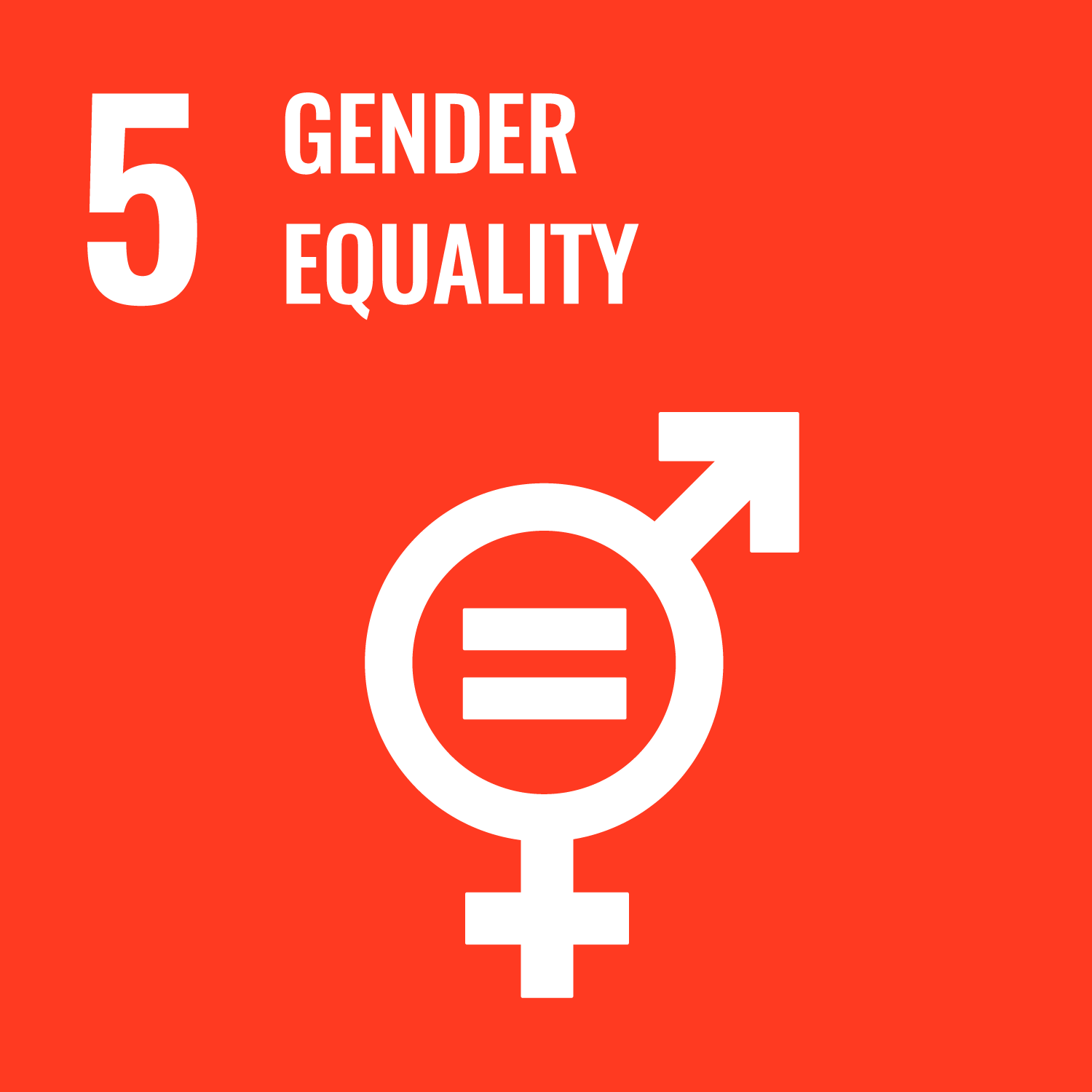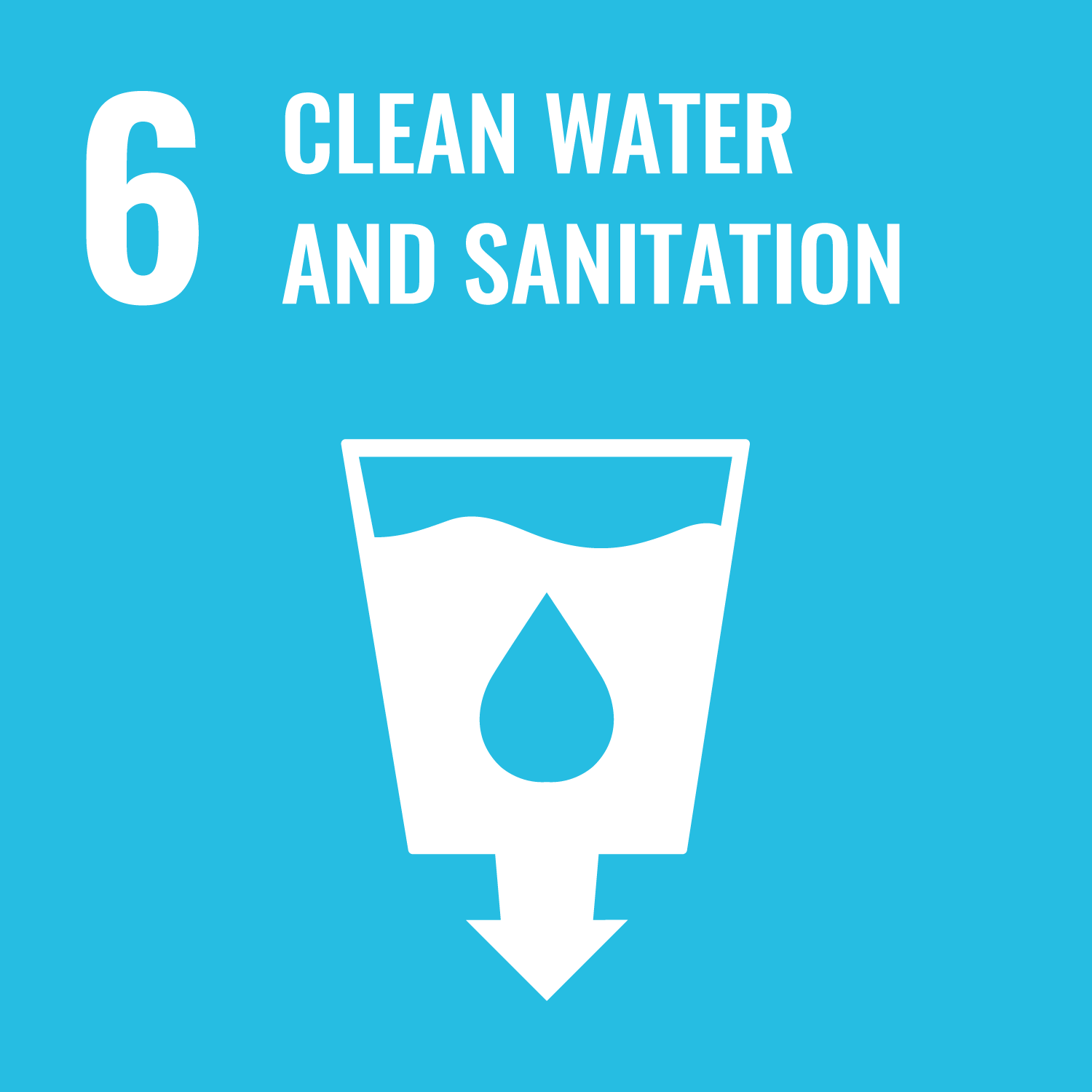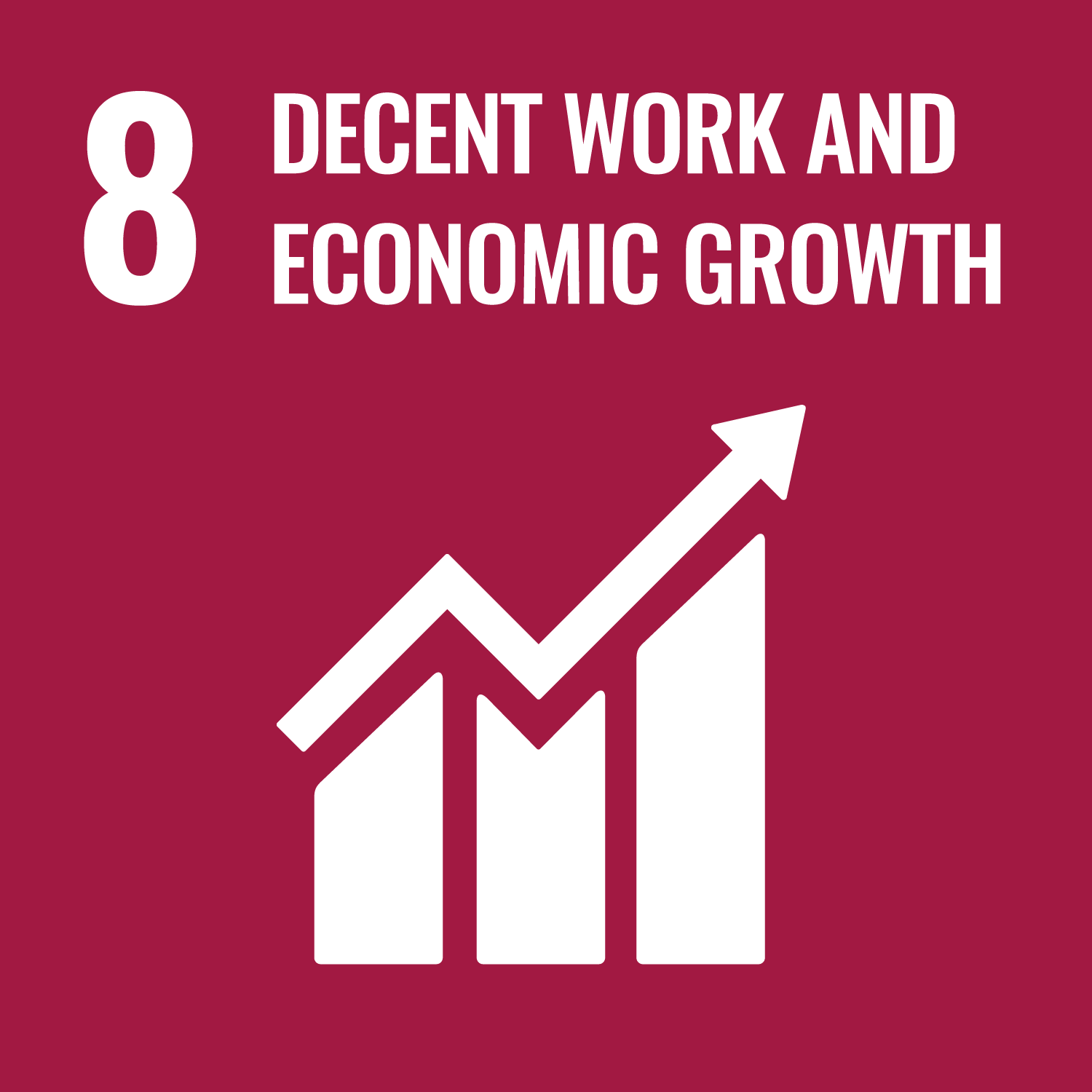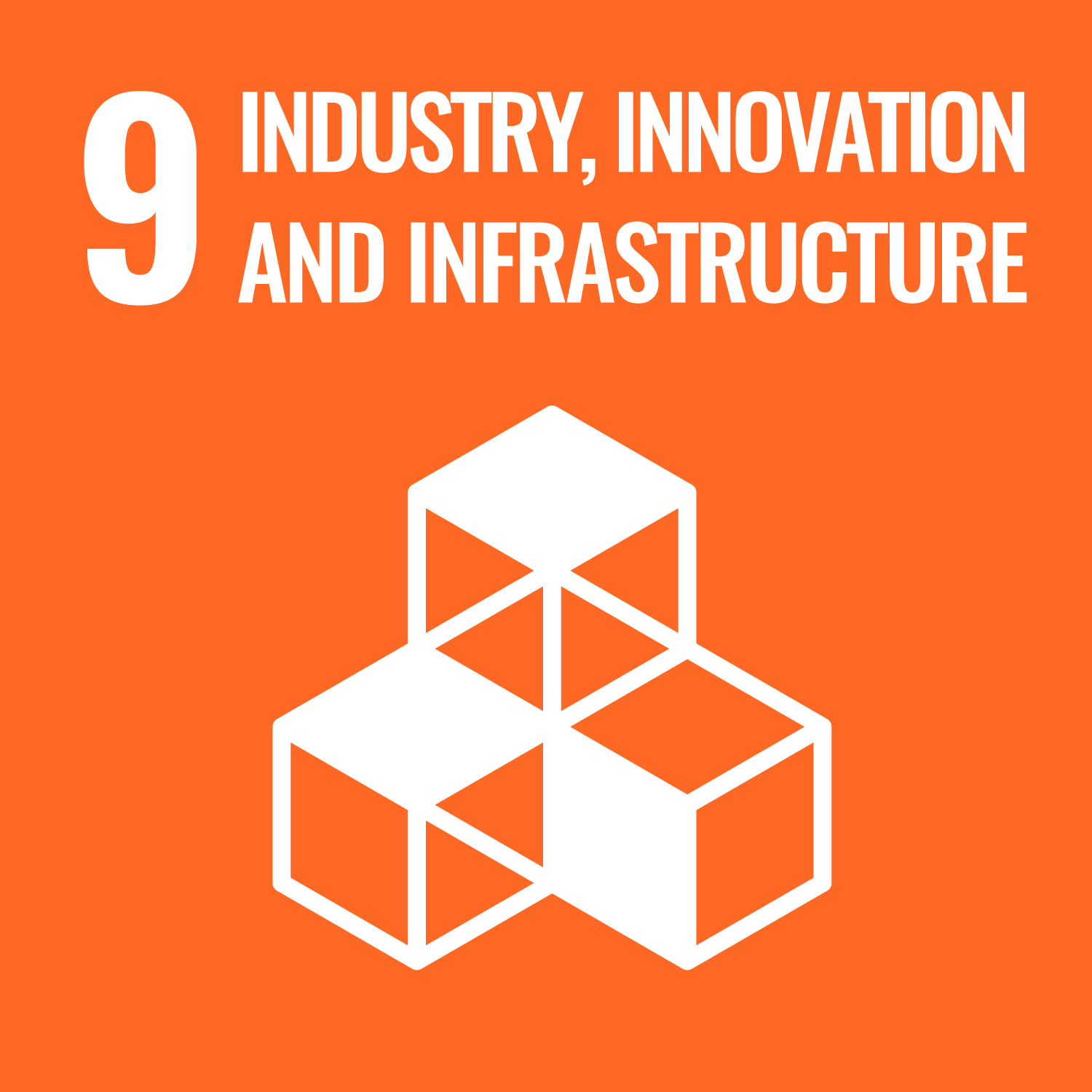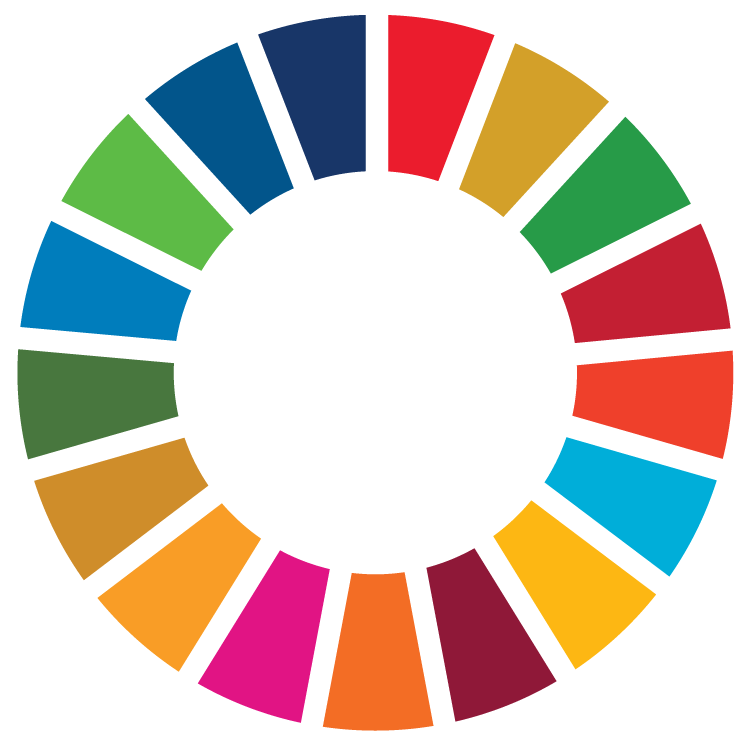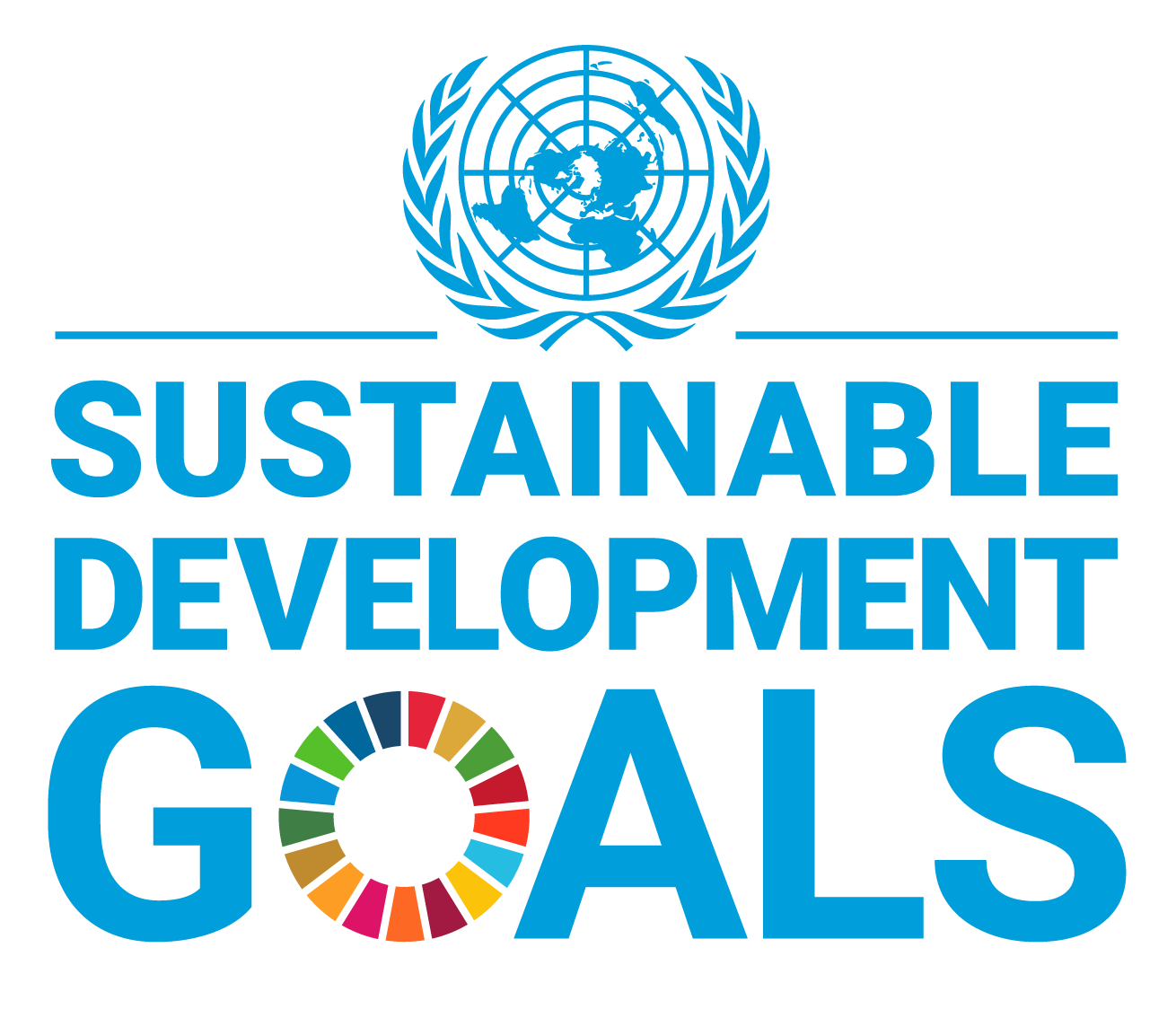- Beranda
- Tentang Kami
- Akademik
- Kemahasiswaan
- Riset
- Unit Layanan Fakultas
- LPPKM
- SDGs Initiatives
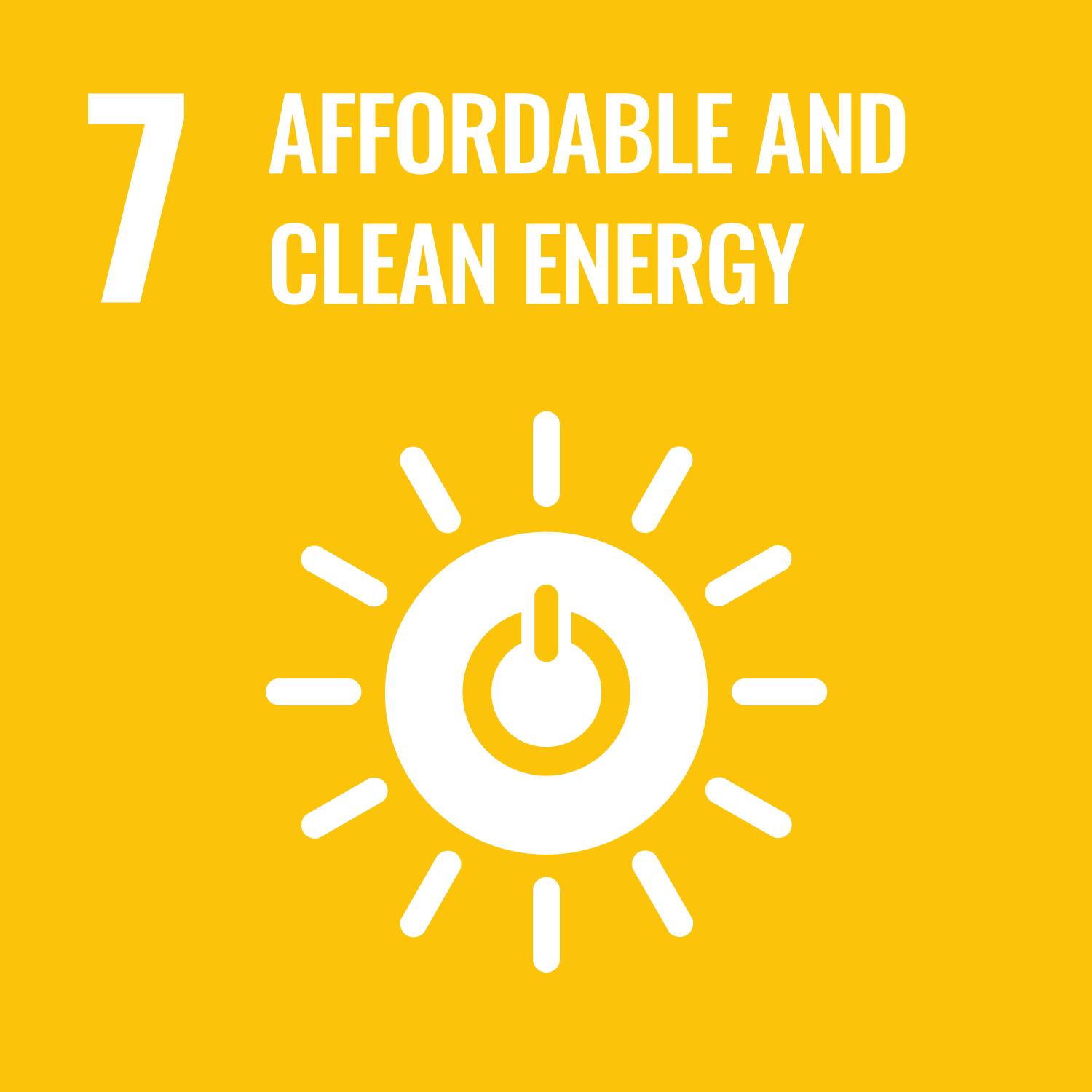

Buildings in the Faculty of Public Health were built by following the Energy Efficiency Standards. The following list are the example of Energy Efficiency in buildings within the faculty:
1. Natural lighting in the staff lounge and workspace of the Non-Academic Quality Assurance Unit. The level of lighting in this room is adequate during the day by relying solely on sunlight. The staff lounge and workspace of the Non-Academic Quality Assurance Unit are designed with large glass windows without film with the aim of reducing the use of artificial light and saving electricity consumption.
2. Plants in pots that are hung around the canteen dining area create a green atmosphere in the canteen area and its surroundings (including the workspace), natural lighting and the use of fans reduce electricity consumption and save energy.
3. Natural lighting in lecture halls and workspaces is a policy in building/room renovations.
4. The Faculty of Public Health continuously uses energy-saving equipment such as energy-efficient lamps, energy-efficient computers, and energy-efficient air conditioners.
5. The Faculty of Public Health now owns solar panels to reduce the use of conventional electrical energy.
In 2021, since we were still in the midst of the COVID-19 Pandemic, there was a reduction in carbon and emission within the Faculty of Public Health. This could happen because many learning activities and operational management are still carried out online.
The Faculty of Public Health already has an energy efficiency plan in place to reduce overall energy consumption. In 2021, the plan was as follows:
1. Purchase of energy-efficient electronic equipment such as lamps, computers, air conditioners.
2. Provision of emission-free vehicles such as bicycles and otoped within Universitas Indonesia area.
To make sure the Faculty of Public Health is always aware of our energy consumption, we always undergo energy reviews to identify areas where energy waste is highest. This effort is conducted specifically by the Facility Unit by checking the electricity usage data. Usually, energy waste within the Faculty of Public Health is due to the usage of electronic devices that are not according to the employee attendance schedule.
The Faculty of Public Health promotes a public pledge toward 100% renewable energy. In 2021, the Faculty of Public Health commits to the renewable energy pledge by adding a solar panel in the roof area of the Bougenville Garden with an output of 5 kWh and a maximum total of 65 kWp per day.
The Faculty of Public Health always tries to inform and support governments in clean energy and energy-efficient technology policy development. This is proven through several publications that support clean energy and energy-efficient technology. The following are related publications from lecturers of the Faculty of Public Health in 2021:
1. Solid Waste Infectious in Household During Pandemic,
2. Solid Waste Management in TPS3R During Pandemic,
3. Parental Education and Good Child Habits to Encourage Sustainable Littering Behavior,
4. Policy for the Optimization of Household Waste and Hazardous Waste Management based on Community Empowerment at Local Level,
5. A Systematic Literature Review: Household Medical Waste Management Strategies During COVID-19 Pandemic,
6. Exposure in Driking Water and Cancer Risk: Literature Review,
7. The Role of Hygiene and Sanitation to the Escherichia coli Contamination in Drinking Water in Depok City, Indonesia,
8. Estimation of Health Risks of Exposure Iron and Manganese to Groundwater as Community Drinking Water in Depok City, West Java (Results of Water Quality Survey BPP PDAM Tirta Asasta Depok City 2018).


